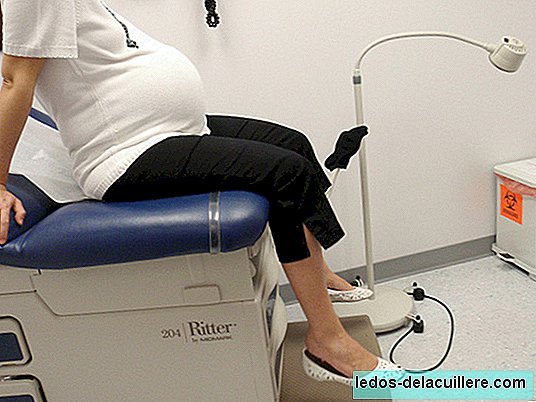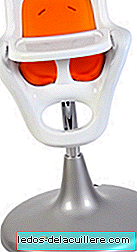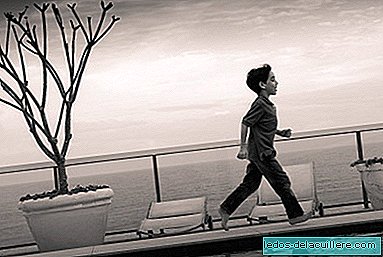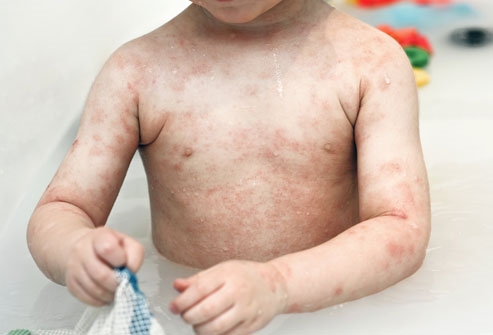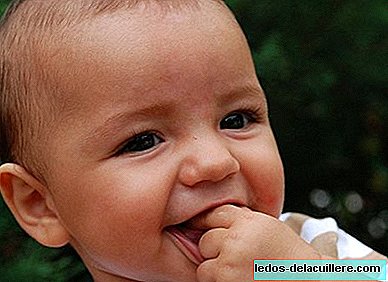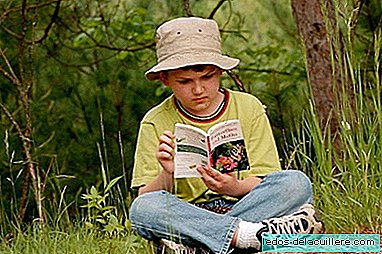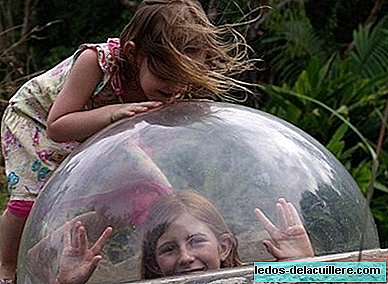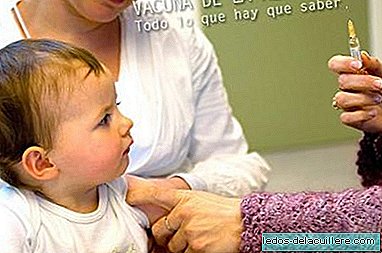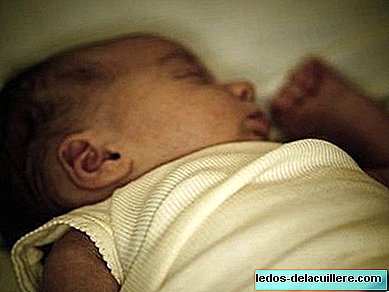
Today news has been released that gives what to think about parental responsibility and arouses controversy about whether the biological parents "deserved" their child or not and about the actions of the social agents involved.
The Superior Court of Justice of Catalonia has condemned the Generalitat to indemnify parents who broke the bond with their child by giving it to another couple for adoption, regardless of their progress in a drug detoxification center.
As you can imagine, for the subsequent circumstances to occur, the baby was not born in the most favorable conditions and environment. The baby was born in September 2000 and required hospital admission for neonatal withdrawal syndrome.
After the birth, the mother, who was then 25 years old, did not go to visit her son at the clinic until 10 days later, while the father, 35, was in pretrial detention. A very painful panorama, definitely.
But the couple subsequently decided to correct their mistakes and voluntarily entered a detoxification center a year after their son was born. Even so, the Generalitat described its state as extremely fragile and without the possibility of recovery, which opened a procedure for the foster care of the child that culminated in its definitive adoption by another family.
By this decision, the Generalitat must compensate the biological parents, who can no longer recover their child, with 980,000 euros when considering the court that the then Department of Social Welfare and Family did not value the positive evolution of the couple.
Why the baby was separated from his parents
The mother's past, which suffered addiction to toxic substances since the age of 13, a previous child whose custody was the maternal grandmother, that she or the paternal grandmother could take care of the baby, or the opinion of some relatives who said that the child should be adopted caused the child's helplessness to be resolved and the action to begin your admission to a foster center.
This was opposed by the biological parents, who expressed that they wanted to recover their son, so a visitation regime was established. However, the baby foster center prepared a report in May 2001 in favor of the non-return of the child with his biological parents and proposed to initiate the procedures for pre-adoptive foster care.
Meanwhile, the parents had already successfully passed the first phase of the detoxification treatment, and in spite of this they were suspended from the visitation regime, which they could not do again until February 2002, when there were multiple reports on their positive evolution of the detoxification treatment.
Even so, Social Welfare issued reports referring to the inconvenience of those visits. The parents resorted to the adoption process, but the justice rejected the appeal considering that the lack of bonding and effective relationship was already "totally consummated," although he acknowledged the biological parents' effort to regain control of their lives.

What the current sentence says
Years ago it was already suspected that the administration acted with excessive speed, with insufficient data, and with the prejudice that they were two drug addicted parents with no reasonable possibility of rehabilitation.
The current judgment of the Superior Court of Justice, although it considers that the adoption of the minor is irrevocable, estimates the right of the parents to be compensated for the damage caused because the Generalitat "ignored" its process of detoxification and family restructuring.
Today, parents can count on all that money, but they cannot recover their child. The father in statements to the media has indicated that not all the money in the world can repair the damage of not having his son with him, of having lost his hugs, of not having heard him call him "dad."
Even so, he is very grateful to the family that adopted his son for giving him a good home to grow and because they love him so much.
Reflections on the case
This case gives much to think about, and many questions arise for which I have no clear conclusions. What is evident is that the baby when he was born did not have any parents to attend to him and that he is the one who has suffered the worst in these years. It also seems clear to me that the current situation of the child is good, with an adoptive family in which he has integrated and is happy.
The baby was born sick due to his mother's addiction, and at that time he needed medical care and attention, being deprived of contact with his parents and probably from anyone who was emotionally linked to him. Even if his parents had been by his side, the environment in which he had grown up is not ideal for the development of a baby.
On the other hand neither the social agents nor the justice, as in so many other occasions, knew how to see the case in detail and did not attend to the evolution of the parents.
Parents today seem to have solved their problems, both work and have other children. If he had stopped the adoption process and kept the child in the shelter for another time, he would probably have returned with his family in much more favorable conditions than when he was a baby. And the right of the biological parents must also be taken into account.
Was it too late when the parents decided to heal and take care of the baby? Do you think that biological parents should have had their child with them much earlier? Was adoption the best solution? Does it solve something compensation to parents for giving their child up for adoption?


